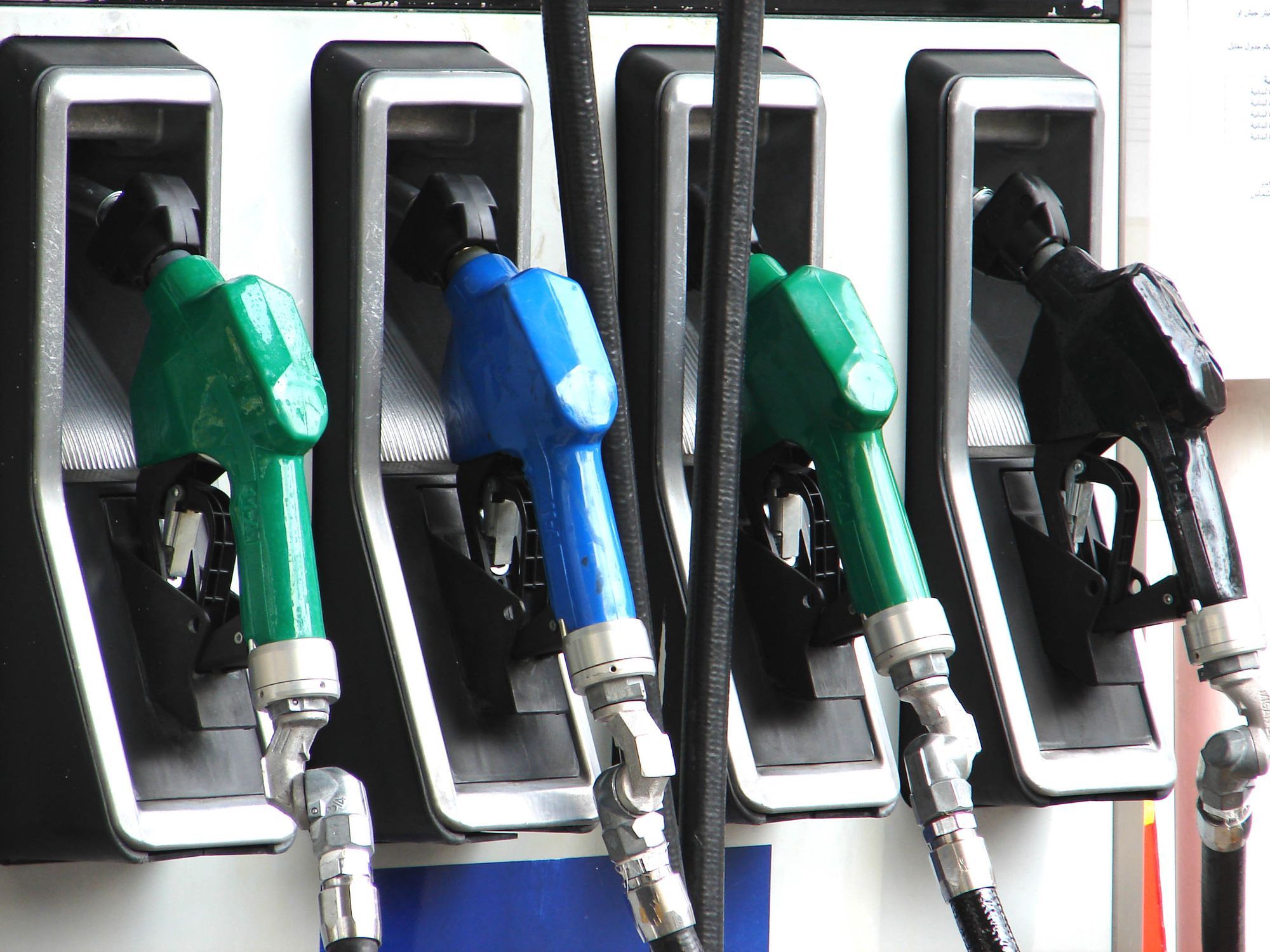Why the economy is suddenly all about interest rates

While Australia has been enjoying record low interest rates for some years, the sudden jump of the annual inflation rate to 5.1 per cent this month, has ignited fears of a sudden interest rate hike.
This is because the inflation rate, or how quickly prices are increasing, is a barometer of how fast the country's economy is turning and whether there are any economic blockages emerging.
Inflation also acts like a cancer in a modern economy, slowly weakening and undermining the real value of a raft of assets, everything from the value of real estate to listed companies to money in the bank.
As a result of these two things, the Reserve Bank has for a long time decided that a reasonable level of inflation sits between 2 per cent and 3.5 per cent. An inflation rate with a 5 in the front of it, is something it will not like.
The main way of controlling inflation is to increase interest rates in the hope that doing so will slow down economic activity and with it, reduce some of the pressure on price increases.
Its a very inexact science. The Reserve Bank will be weighing up two concerns. Should it put in place a quick sharp rate hike that will have a dramatic and immediate impact or should it slowly increase rates in a more nuanced way.
Tricky! The most obvious impact of the Reserve Bank increasing interest rates is that the average cost of a home loan will rise and so reduce the spare cash most Australians have to spend.
It should also lead to a slowdown in property price rises as potential homebuyers think twice about spending more on their next property purchase. Both impacts should lead to slower economic growth and lower inflation, but will it?
A couple of things will impact on this. Firstly, interest rates are so low, that only a dramatic rise in rates will have much of an impact.
If the Reserve Bank were to nudge up the cash rate to say 0.25 per cent, this would likely flow through to a $600,000 home loan costing $47 a month more and a $1,000,000 home loan will cost $78 a month more. Small change for many.
If the cash rate was to go to 2.5 per cent, which many expect, this would mean a $600,000 home loan would cost $779 more a month and a $1,000,000 home loan would cost $1,298 more a month. At this level, interest hikes will start to hurt.
Against this though, the Reserve Bank recently released a report showing most Australian households are 21 months ahead on their home loan repayments, which is good news. But again, this will reduce the potential impact of any rate rise.
The most significant impact of the Reserve Bank increasing interest rates is psychological. People will just feel a bit poorer and this will in turn, cause them to spend less.
So the question is how high will interest rates need to go and how quickly for the Reserve Bank to get the desired impact of reducing the rate of inflation. No one knows.
For retired folk, all of this means either very little or a great deal. The days when you could leave money in a term deposit and earn seven or eight per cent interest with no risk, are gone and are unlikely to come back any time soon. So there will be no big changes on that front.
However, inflation is a nightmare for anyone living off their invested earnings as it steadily erodes what you can buy for the dollars you receive. So retirees should be hoping whatever the Reserve Bank does concerning interest rates, that it brings inflation under control sooner rather than latter.
